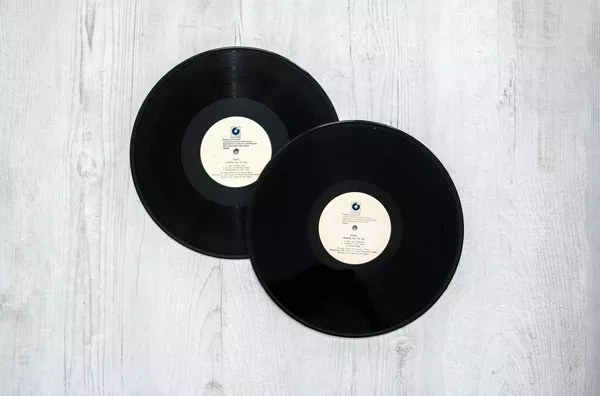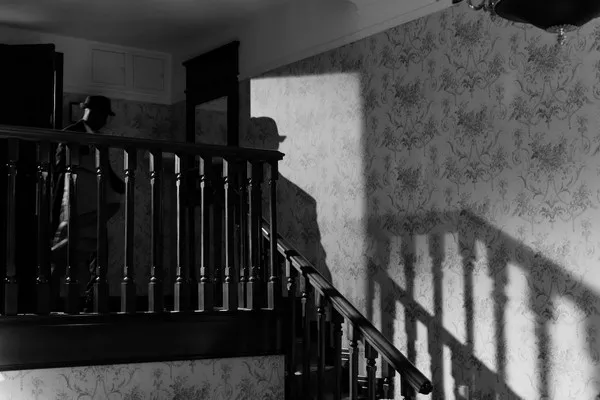Music is a universal language that transcends boundaries, cultures, and emotions. It has the remarkable ability to evoke feelings and emotions, serving as a powerful tool for self-expression and catharsis. For individuals battling depression, music often becomes a companion in their journey, offering solace and understanding. The question persists: Why do depressed people find solace in sad music?
The Relationship Between Depression and Music Preference
The connection between depression and music preference has been a subject of interest for psychologists and researchers. Studies have shown that individuals experiencing depression tend to gravitate towards sad or melancholic music. This inclination toward music with themes of sorrow, despair, or melancholy might seem counterintuitive to some, yet it holds a deeper psychological significance.
Emotional Resonance and Validation
One reason why depressed individuals find solace in sad music is the emotional resonance it provides. Music has the extraordinary ability to mirror and validate our emotions, offering a sense of understanding and acknowledgment of one’s inner turmoil. Depressed individuals often feel isolated or misunderstood, and sad music can serve as a comforting companion, reflecting their inner state without judgment.
Escape and Catharsis
Music serves as an escape from reality for many, and for individuals battling depression, it can provide a temporary reprieve from overwhelming emotions. Sad music offers an avenue for emotional release, allowing individuals to channel their feelings through the music they resonate with. This process of catharsis, though intense, can be therapeutic, enabling them to process and confront their emotions indirectly.
Identification and Connection
Depressed individuals often seek a sense of connection or identification with something or someone, and sad music can fulfill this need. Lyrics that resonate with their experiences or melodies that capture their emotional state create a sense of belonging. Feeling understood through music can alleviate the sense of isolation that often accompanies depression, fostering a connection with the artist and other listeners who share similar feelings.
Neurological and Psychological Responses
Scientific research suggests that listening to sad music can trigger specific neurological and psychological responses. When sad music resonates with a person, it activates brain regions associated with processing emotions, such as the limbic system. This activation can release neurotransmitters like dopamine and oxytocin, which are linked to pleasure and bonding, offering a sense of comfort and relief.
Nostalgia and Emotional Regulation
Sad music often carries nostalgic elements, reminding individuals of past experiences or emotions. For someone grappling with depression, revisiting past memories through music can aid in emotional regulation. While these memories might evoke sadness, the act of reminiscing can provide a sense of comfort or even a reminder of overcoming similar emotional challenges in the past.
Artistic Expression and Creativity
Depression can be a catalyst for artistic expression and creativity. Many renowned musicians have drawn inspiration from their own struggles with mental health, creating music that resonates deeply with those experiencing similar issues. For depressed individuals, engaging with sad music might not only provide solace but also inspire creative outlets for self-expression.
Social Connection and Support
Sharing music preferences and discussing songs that resonate emotionally can foster social connections among individuals battling depression. Engaging in conversations about music allows them to express their feelings in a more indirect yet relatable manner. This shared experience can strengthen social bonds and create a supportive community, reducing feelings of isolation.
The Role of Mood Regulation
Interestingly, listening to sad music doesn’t necessarily perpetuate negative emotions. Contrary to popular belief, it can aid in regulating mood by allowing individuals to confront and process their feelings. Through the emotional journey that music offers, listeners may experience a sense of release, leading to a gradual improvement in mood.
Conclusion
The preference for sad music among individuals dealing with depression is a multifaceted phenomenon deeply rooted in emotional, psychological, and neurological aspects. Music serves as a powerful vehicle for emotional expression, validation, and connection. Understanding why depressed individuals gravitate toward sad music offers insights into their coping mechanisms and the potential therapeutic benefits that music can provide in managing depression. Ultimately, the relationship between depression and sad music signifies the profound impact music has on our emotional well-being and underscores its role as a source of solace and understanding in challenging times.


























